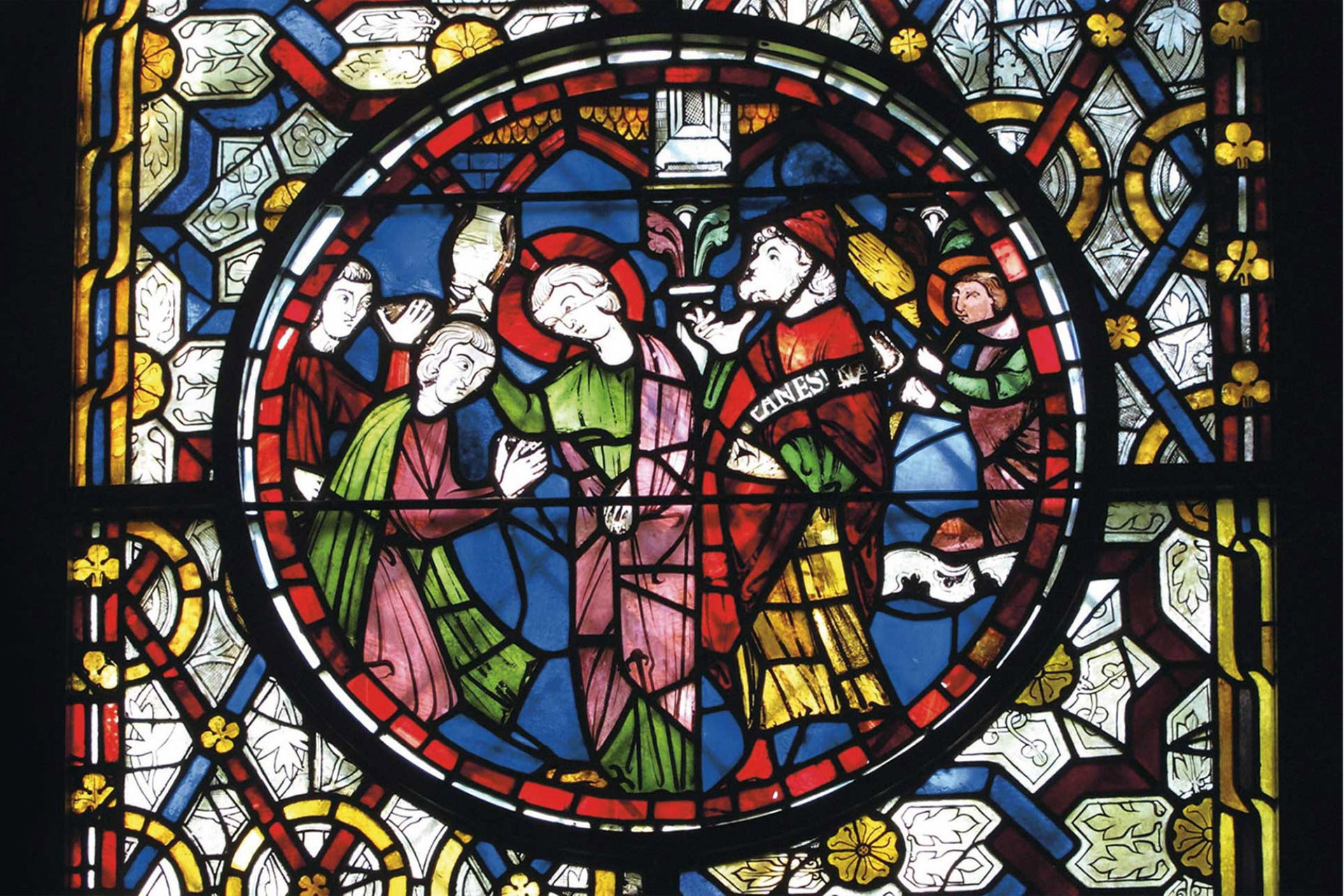It is with great pleasure that we announce the appointment of Dr Paul Dryburgh, Principal Record Specialist at the National Archives, as an Honorary Fellow of … Read more
Month: January 2019
Workshop on the Lyghfield Bible
From Paris to Canterbury: the Lyghfield Bible in Context Monday 4th March, 1.00-5.30pm, The Peter Brown Room (Darwin College, University of Kent) MEMS invites you … Read more
Early Modernist Research Associate opportunity
The Centre for Medieval and Early Modern Studies and the School of English are seeking to recruit a Research Associate for a two-year contract to work … Read more



